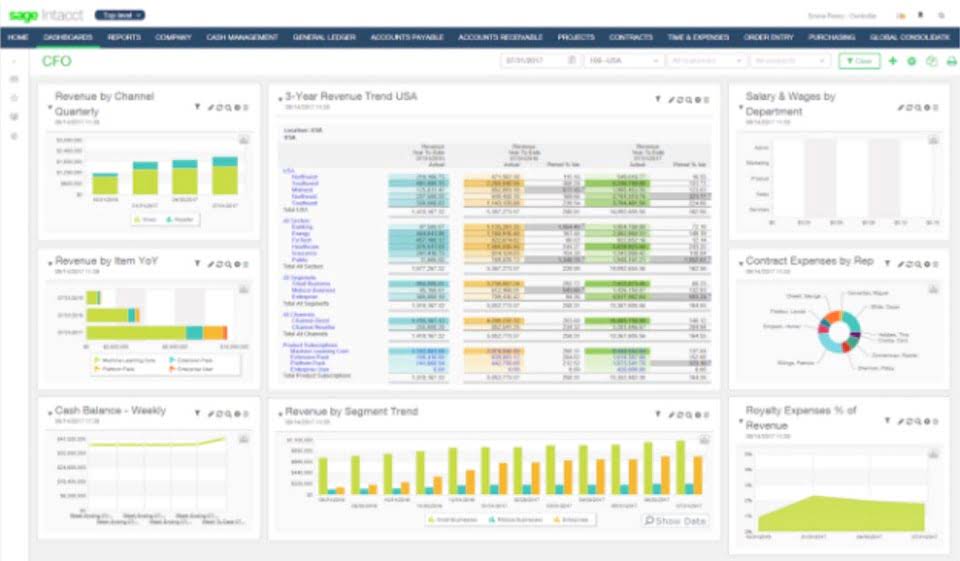What does an Accountant Do? Definition & Career Path

The full compensation package for an accountant depends on a variety of factors, including but not limited to the candidate’s experience and geographic location. Accounting is an in-demand career with impressive salaries and job growth to match. Julia Kagan is a financial/consumer journalist and former senior editor, personal finance, of Investopedia. At Finance Strategists, we partner with financial experts to ensure the accuracy of our financial content. For information pertaining to the registration status of 11 Financial, please contact the state securities regulators for those states in which 11 Financial maintains a registration filing.

Specialized Skills

Rasmussen University is accredited by the Higher Learning Commission, an institutional accreditation agency recognized by the U.S. Accountants are vital for sustainable growth and prosperity as they guide individuals and businesses through financial decision-making, tax planning, and the ever-evolving fiscal regulations, ensuring long-term success. Although it can handle routine tasks, it lacks the intuition and in-depth understanding that a seasoned accountant provides.
How to Find the Right CPA for Your Small Business
- So there you have it – accountants are the unsung heroes of financial wellness.
- Many organizations also offer certifications and continuing education programs that enhance professional credentials and support career progression.
- They’re not just number crunchers; they’re your financial strategists, ready to navigate the complexities of the economic world on your behalf.
- However, accountants commonly work in office settings, such as accounting firms, corporate offices, government agencies, or non-profit organizations.
An accountant is a professional who is responsible for keeping and interpreting financial records. Most accountants are responsible for a wide range of finance-related tasks, either for individual clients or for larger businesses and organizations employing them. Certification requirements vary, with some roles requiring additional educational requirements above the bachelor’s degree and successful completion of rigorous examinations. The most common are the certified internal auditor (CIA), certified management accountant (CMA), and certified public accountant (CPA). Accountants work with companies, governments, and non-profits, or set up private practices. An accountant in a small business manages a wide range of financial tasks, including bookkeeping, payroll processing, tax preparation and filing, regulatory compliance, and financial https://www.bookstime.com/ reporting.
- They tend to be conventional individuals, which means they’re conscientious and conservative.
- By 2031, employment of accountants and auditors is expected to grow 6%, and there will be more than 135,000 job openings in the field each year, according to the U.S.
- Additionally, some employers prefer to hire someone who earned a master’s degree.
- Implementing and monitoring internal controls is elementary to safeguard assets and the accuracy of financial records.
Certified Management Accountant (CMA)

After completing a bachelor’s degree, starting in entry-level accounting positions is the next step. Jobs as bookkeeping, accounts payable/receivable clerk, or junior accountant provide foundational experience in managing financial records, processing transactions, and preparing basic financial reports. In addition to recordkeeping, accountants are responsible for preparing comprehensive financial reports. They create financial statements such as income, balance, and cash flow statements to provide a clear picture of the company’s financial performance and position. These personal accountant statements are significant for stakeholders to understand the profitability, financial health, and cash flow dynamics of the organization.
Company
Rasmussen University is accredited by the Higher Learning Commission and is authorized to operate as a postsecondary educational institution by the Illinois Board of Higher Education. For additional information about Licensing and State Authorization, and State Contact Information for Student Complaints, please see those sections of our catalog. Accountants coordinate with various departments, so a flair for collaboration is a hidden ace up your sleeve.
Get the Accounting Help You Need
- Some of them are also enterprising, meaning they’re adventurous, ambitious, assertive, extroverted, energetic, enthusiastic, confident, and optimistic.
- Look into the licensure requirements of your state’s Board of Accountancy—some states may have more stringent requirements than others, so it’s important to clarify what you will need.
- This exam is written and graded by the American Institute of Certified Public Accountants (AICPA).
- Bookkeeping typically focuses on recording financial data and ensuring it’s organised, while accounting focuses more on analysing it.
- All of our content is based on objective analysis, and the opinions are our own.
Let’s break it down, so you know who to call on when you’re in a financial pinch. First and foremost, you’ll need a solid grip on financial principles and practices. Much like a builder understands the tools and materials required for constructing a sturdy house, you must be retained earnings well-versed in the tools of the trade. Accountants make certain that every financial transaction is recorded accurately and that all financial reports are precise. Errors in accounting can lead to significant financial discrepancies and legal issues.
How does an accountant assist with decision-making in a business?

Remote working has also grown increasingly popular across many fields, including accounting. Online accountants like Mazuma and tools like accounting software support remote work so companies can track and share their financial data with accountants online. This can increase efficiency, reduce costs, and increase accuracy through the automation of the mathematical elements.

